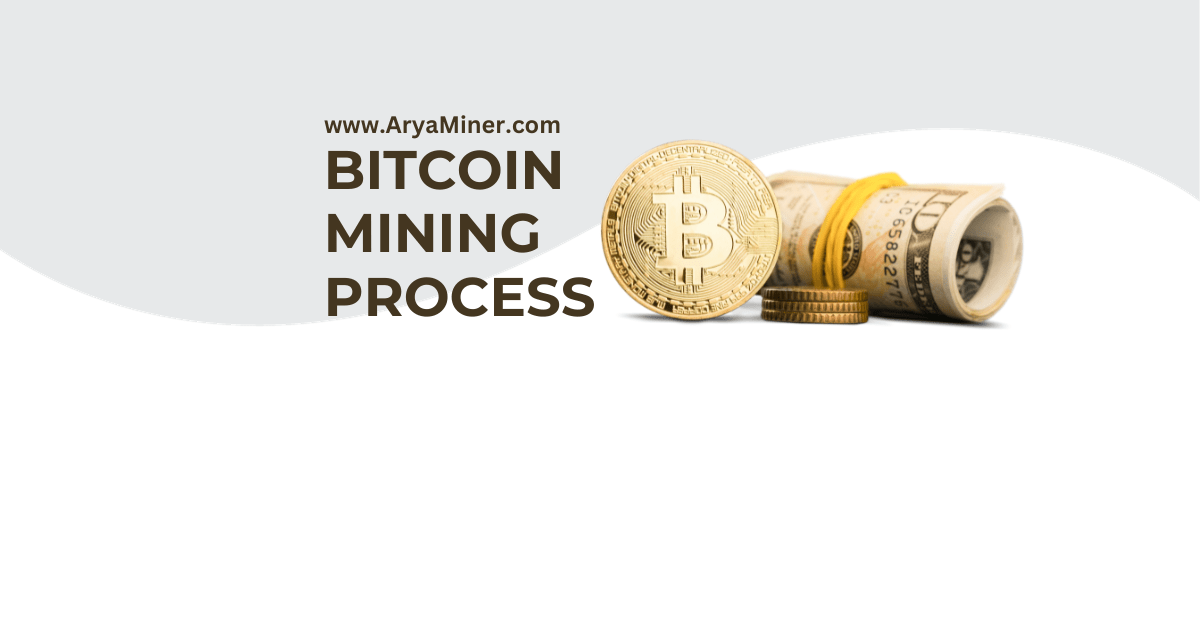
Bitcoin Mining Process
Bitcoin is a decentralized digital currency that operates on a peer-to-peer network. It was created in 2009 by an anonymous person or group of people using the pseudonym Satoshi Nakamoto. Bitcoin is often referred to as a cryptocurrency because it relies on cryptographic techniques to secure transactions and control the creation of new units.
The Bitcoin Mining Process: Unveiling the Power Behind Bitcoin Mining Machines
In cryptocurrencies, Bitcoin stands out as the pioneer and undisputed leader. Its decentralized nature and the security of its blockchain are underpinned by a complex and essential process known as Bitcoin mining. In this article, we will delve into the fascinating world of Bitcoin mining, exploring the intricacies of the process and the powerful machines that drive it.
Bitcoins Mining Machine
The Bitcoin mining machine is at the core of every successful mining operation. Aryaminer offers a handpicked selection of top-quality mining rigs catering to beginners and seasoned miners. These powerful machines are engineered for one purpose: to mine Bitcoin efficiently. Explore Aryaminer's range of Bitcoins mining machines to embark on your mining journey with confidence.
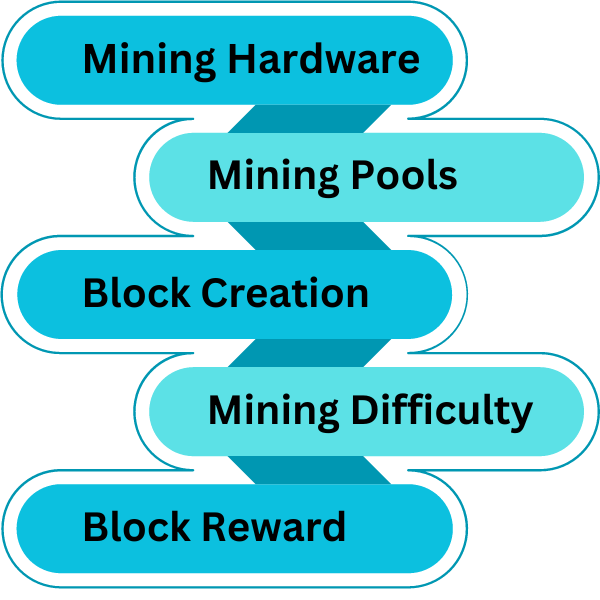
Understanding the Bitcoin Mining Process
Bitcoin mining is the backbone of the Bitcoin network, responsible for creating new Bitcoins and securing transactions. The process can be broken down into several key steps:
- Mining Hardware: The heart of Bitcoin mining lies in specialized mining machines, often called mining rigs or ASICs (Application-Specific Integrated Circuits). These devices are purpose-built for the sole task of mining Bitcoin. They are equipped with high-performance hardware optimized for solving complex mathematical puzzles.
- Mining Pools: To maximize their chances of successfully mining a new block and earning rewards, many individual miners join mining pools. These pools combine their computational power and distribute the rewards among participants based on their contributions.
- Proof-of-Work (PoW): Bitcoin employs a consensus algorithm called Proof-of-Work. Miners compete to solve a cryptographic puzzle that involves finding a specific nonce, resulting in a hash value that meets certain criteria. This process is computationally intensive and requires powerful hardware.
- Block Creation: Miners assemble a candidate block by collecting unconfirmed transactions from the Bitcoin network. They then work on finding the correct nonce to solve the hash puzzle, which demands substantial computational power.
- Mining Difficulty: The Bitcoin network adjusts the mining difficulty approximately every two weeks to maintain an average block time of 10 minutes. As more miners join the network or become more efficient, maintaining this timing is difficult.
- Block Reward: Successfully solving the hash puzzle adds a new block to the blockchain. Miners are rewarded with newly created Bitcoins and transaction fees from the block's transactions.
- Halving: The Bitcoin Halving, often referred to as "the halving," is a significant event in the world of cryptocurrency that has far-reaching implications for the Bitcoin network, miners, investors, and the broader digital currency market.
- Security: The PoW mining process is central to Bitcoin's security. It makes it computationally expensive for an attacker to alter the blockchain's history. To change a past transaction, an attacker must control most of the network's mining power, known as a 51% attack.
- Energy Consumption: Bitcoin mining consumes significant energy due to the computational power required. This has led to concerns about its environmental impact, especially in regions where the electricity used for mining comes from non-renewable sources.

Aryaminer and the Bitcoin Mining Process
Whatsminer Product
Whatsminer, a leading brand in the mining hardware industry, is synonymous with reliability and performance. Aryaminer proudly presents a curated collection of Whatsminer products designed to elevate your mining capabilities. Discover the latest models and innovations that Whatsminer brings to the table, and witness the difference it can make in your mining endeavors. Explore Whatsminer products
Antminer Product
Antminer, another industry heavyweight, delivers cutting-edge mining solutions renowned for their power and efficiency. Aryaminer's selection of Antminer products ensures that you have access to the finest mining hardware on the market. Dive into the world of Antminer and see how it can supercharge your Bitcoin mining operation. Check out Antminer products.
All ASIC Miner Product
Aryaminer understands that diversity matters in the world of cryptocurrency mining. That's why we offer an extensive lineup of ASIC miner products from various reputable brands. Whether looking for specific features or seeking the best value, our range of ASIC miners caters to all preferences. Explore Aryaminer's comprehensive collection today. Browse all ASIC miner products.
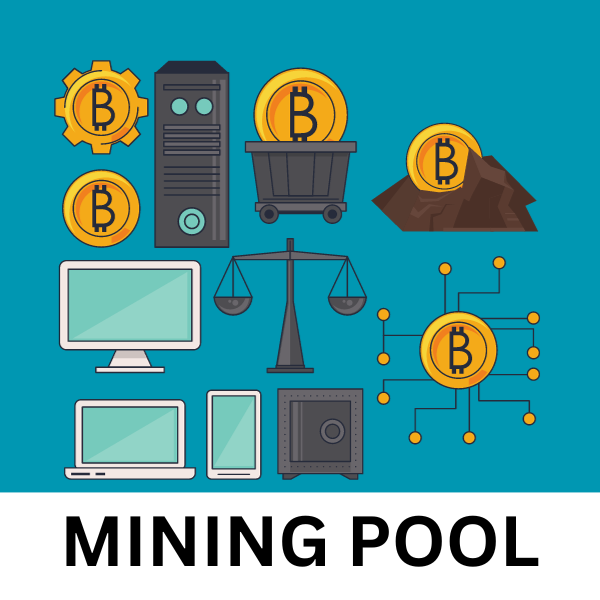
Bitcoin mining Pool
Mining in the world of cryptocurrencies, especially Bitcoin, presents miners with two primary options: solo and pool mining. Each approach has advantages and disadvantages, and miners must choose the one that aligns with their goals, resources, and preferences.
Solo Mining:
Pros:
Total Rewards: In solo mining, if a miner successfully solves a block's cryptographic puzzle, they receive the entire block reward. This means the solo miner will pay all newly created Bitcoins and transaction fees.
Decentralization: Solo mining contributes to the decentralization of the network. It allows individual miners to participate directly in validating and adding transactions to the blockchain.
Cons:
High Variance: Solo mining can be highly unpredictable. Miners may only go extended periods with successfully mining a block, leading to irregular income.
Resource-Intensive: Solo mining requires substantial computational power, making it challenging for individual miners to compete with larger mining operations.
Pool Mining:
Pros:
Regular Income: Pool mining provides miners with a more consistent and predictable income. Miners receive smaller, regular payouts based on their contributed hash power, regardless of whether the pool successfully mines a block.
Reduced Variance: Pool mining smooths out the variability in rewards. Miners are less affected by luck or bad luck, as they share in the pool's collective success.
Lower Hardware Requirements: Pool mining allows smaller miners with limited resources to participate effectively. You don't need as much computational power as you would for solo mining.
Community and Support: Miners in a pool benefit from the support and community of other miners. They can share insights, strategies, and resources.
Increased Chances of Earning: Smaller miners have a better chance of earning rewards in a pool, as the pool's combined hash power increases the probability of successfully mining blocks.
Cons:
Shared Rewards: Miners in a pool receive a portion of the block reward and transaction fees, with a percentage going to the pool operator. This means they need to receive the full reward for mining a block.
Centralization Concerns: Some argue that the concentration of mining power in pools can lead to centralization issues and may impact the network's security and decentralization.
In conclusion, the choice between solo and pool mining depends on various factors, including your available resources, risk tolerance, and mining goals. Solo mining offers the potential for total block rewards but comes with higher variability and resource demands. Pool mining provides a steady income stream and lower barriers to entry but involves sharing tips with the pool and raises concerns about centralization. Miners should consider their options carefully and select the best approach that suits their circumstances.
Conclusion
Bitcoin mining is a vital component of the cryptocurrency's infrastructure, underpinned by cutting-edge mining machines and a distributed network of miners. Understanding the intricacies of the Bitcoin mining process and the role of mining hardware is essential for anyone interested in cryptocurrencies.
To delve deeper into the world of cryptocurrency mining and how it interacts with hardware, read our earlier article on Bitcoin mining hashrate and SHA-256 here. Stay tuned for more insights and updates on AryaMiner!
Featured collection
Antminer S19J PRO 104Th
Antminer S19j Pro by Bitmain – 104TH/s High-Performance Bitcoin Mining The Antminer S19j Pro (104TH) delivers more hashing power for serious miners...
View full detailsAntminer S19
Antminer S19 – Efficient & Reliable Bitcoin Miner Built by Bitmain | HashRate: 82TH/s – 95TH/s | Energy Efficient The Antminer S19 from Bitmain...
View full detailsAntminer S19J PRO
Antminer S19j Pro by Bitmain – 100TH/s Reliable and Efficient Bitcoin Mining The Antminer S19j Pro from Bitmain offers a solid 100TH/s hashrate, ma...
View full detailsAntminer S19K PRO
Antminer S19k Pro by Bitmain High-performance SHA-256 miner – 115TH/s & 120TH/s The Antminer S19k Pro is a powerful Bitcoin mining device from ...
View full detailsAntminer S19 Pro
Antminer S19 Pro – Powerful & Efficient SHA-256 Mining The Antminer S19 Pro by Bitmain is a high-end ASIC miner designed for serious Bitcoin an...
View full details



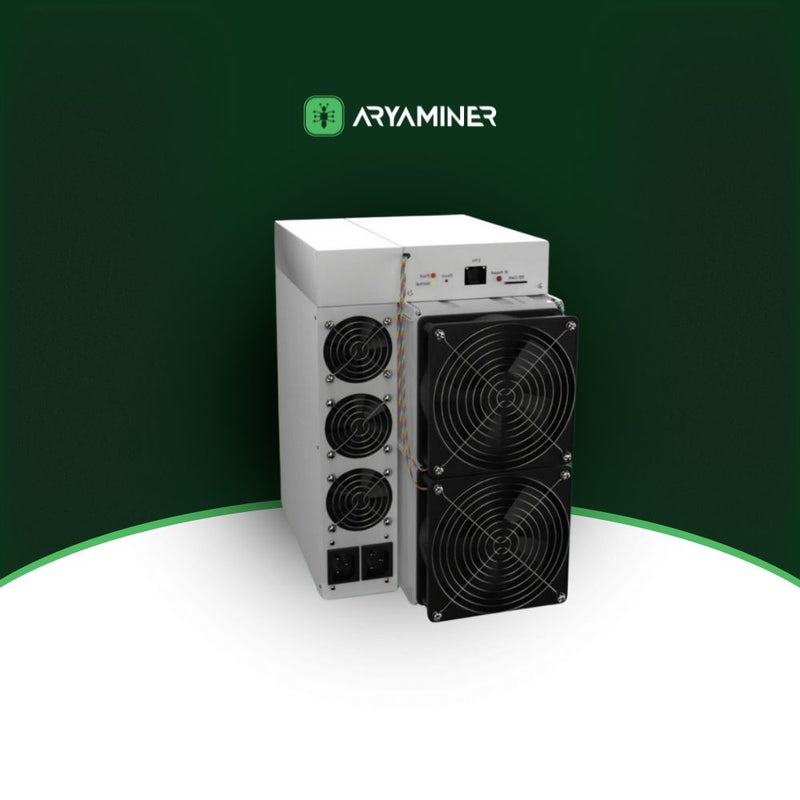
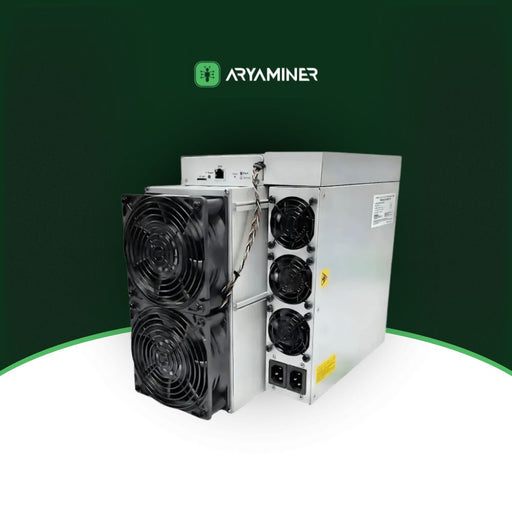
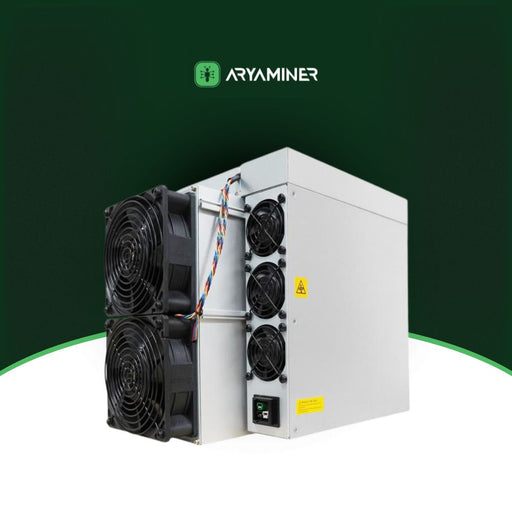
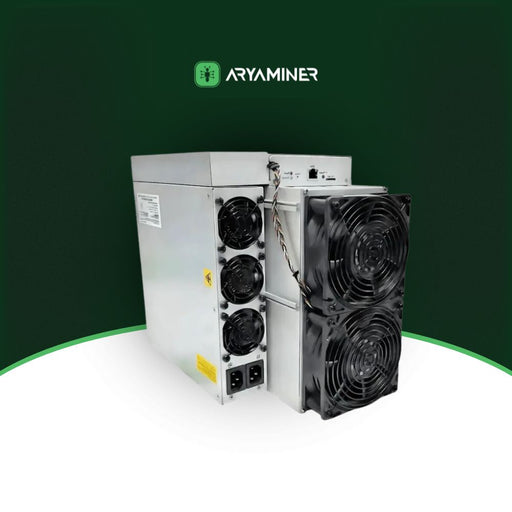
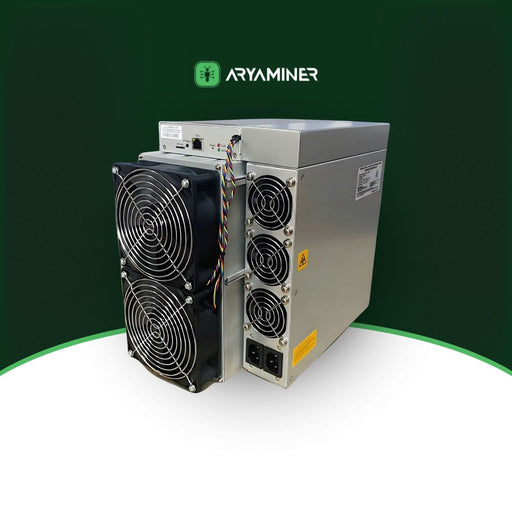
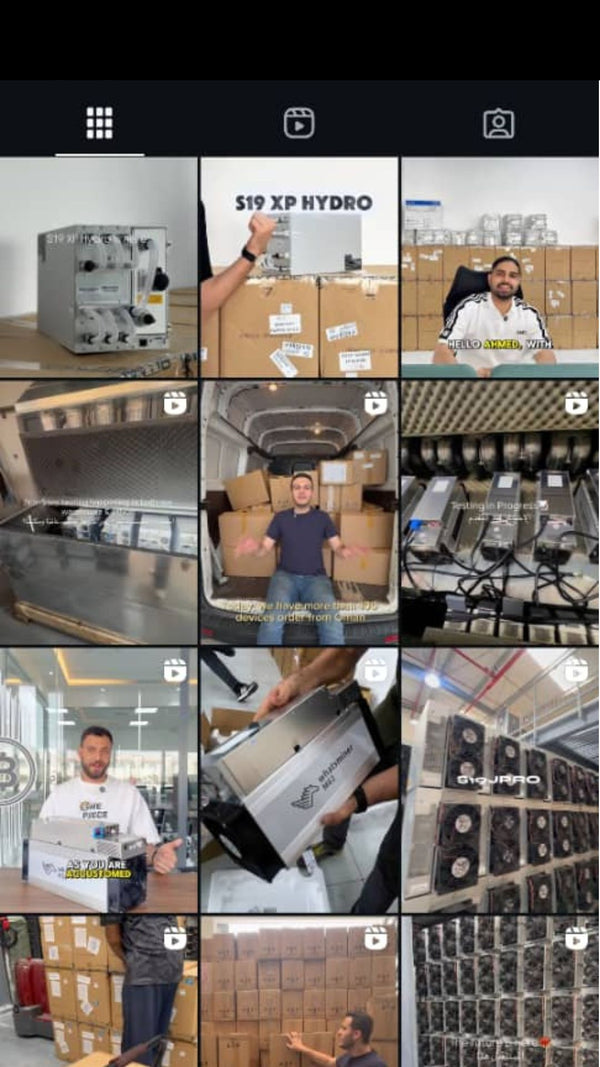
Comments
Leave a comment